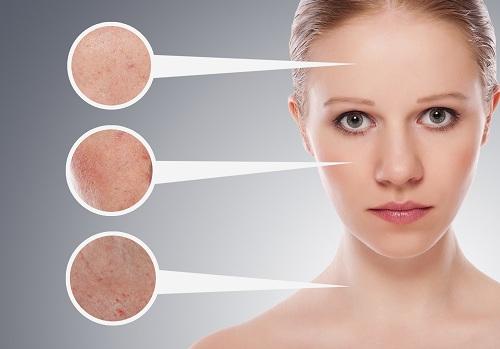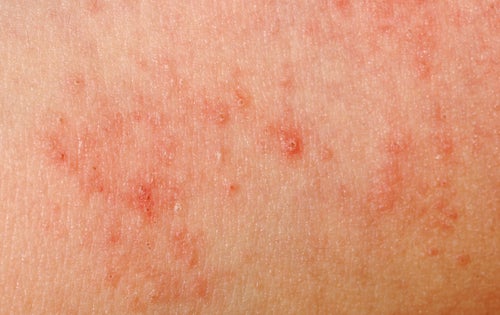To make our skin look radiant is essential to a balanced diet, drink plenty of water and also hydrate on the outside, with specific treatments and creams

Our most important protective barrier, which defends us from the outside world, is our skin and is considered the largest organ of our body. To give so much support, we must know how to care for and understand those signals that can be something wrong with our interior. What are these signs?
Read the following article and you find out what are the warning signs that may be giving your skin about your health.
Knowing our skin
The skin can show many things. A dry, dull skin may be a sign of poor nutrition or poor hydration. If we do not consume enough water combined with essential nutrients through feeding our skin may not display in its best State.In addition to problems easy to solve, such as lack of proper amount of water the skin may indicate other disorders or health problems. A very pale skin could be indicating that you suffer from anemia. If you submit generalized itching, this could be due to various causes such as: liver failure, kidney problems, thyroid disorders, diabetes, etc. Unless you've used some cream or medication that produce you the reaction. Food allergies could also produce itching.
Other events...

If your skin is flushed without apparent reason, it could indicate Rosacea or other disturbance which bears the characteristic redness of the skin in the form of butterfly wings, which are called Lupus. If your skin becomes morena and not precisely due to exposure to the Sun, it could indicate excess iron, or due to a disorder called disease of Addison.
The blueness of the skin could indicate cyanosis, which means that there is little oxygen in blood. It could be due to problems of the lungs, heart, or disorders in the movement of limbs, if for example you present the toes of a bluish hue. A yellowing may indicate alteration of the liver such as hepatitis.
At the time that your doctor has told you some medication, is of vital importance that you reports about the possible side effects, in most of the drugs warn about possible effects that they can manifest or not, because every body is different and may respond to the same drug differently also.
Then, once you have assured yourself that changes in your skin are not due to the side effects of any medications, a medical consultation is done timely. It is important that you first go to a dermatologist, who will know how to assess whether the treatment in question must be dermatological or whether it would be appropriate to refer you with other medical where the disorder did not have origin in the skin.
Remember

If he has been suddenly, without apparent reason and you submit also other symptoms would be important that you go to a professional, diagnosis and early treatment is always the best choice.
Our skin says a lot, be sure to give the importance that it deserves. And remember that the best way to treat it is with a healthy diet, proper daily hydration that allows looking radiant skin, not to mention of course the use of creams that nourish and beautify on the outside.

0 comentarios:
Post a Comment